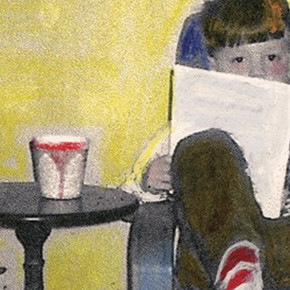
Other people’s stories
Reading other people’s stories for discussion in a workshop, you will need to decide whether or not the piece succeeds as literary fiction, which elements of the present version do and do not work well, and what revisions might result in a more successful story. Then you will need to articulate these responses fully and...
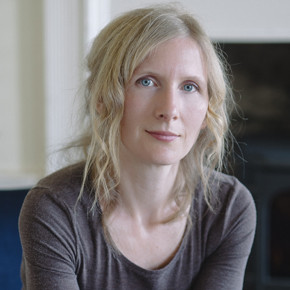
Let the reader in
I only have one tip for writing that I feel strongly about, and that is to write something that allows space for the reader. The reader is a living, breathing presence in the novel – not a particular reader for whose tastes you must write, but a notional one: a mind that lives among your...
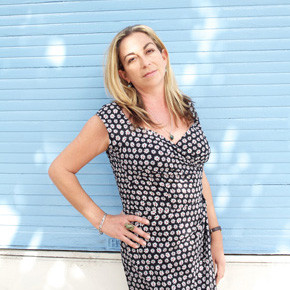
Stay flexible
The acclaimed New Wave Caribbean novelist and writing tutor shares her top ten tips for keeping the creative juices flowing. 1. Perfectionism is anti-creative. Get used to the notion of drafting your work, trying things out and making creative decisions on a regular basis. 2. The quality of attention to detail is the measure of...
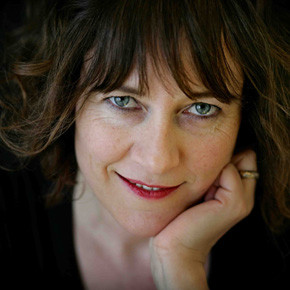
Ignore silly rules
Jill Dawson’s novels include Fred and Edie, which was shortlisted for the Whitbread Novel Award and the Orange Prize, Watch Me Disappear, longlisted for the Orange Prize, The Great Lover, a Richard and Judy Summer Read, and The Tell-Tale Heart, about a recovering heart transplant patient transformed in unexpected ways. In addition she has edited...
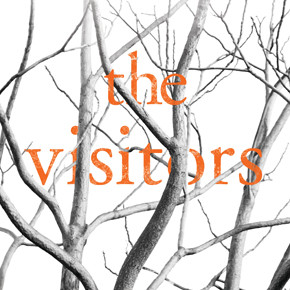
Exercise and experience
Like most fiction writers I write much that is abandoned. One response to this was to think that I have wasted all this time, but a writer I admire once said to me that “there’s no time wasted writing.” I also have this vivid memory of reading lines by William Faulkner, where he compares the...
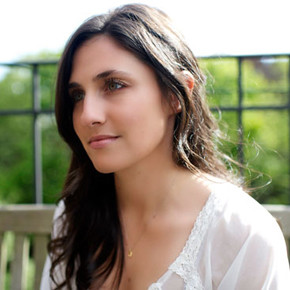
What you really want
1. Celebrate the small victories They actually aren’t small at all! The best part about being a writer is writing, not publishing or being interviewed or having your author photo taken. The satisfaction of blocking out time, holding yourself accountable to your goals and putting words on the page isn’t contingent on an agent’s approval...
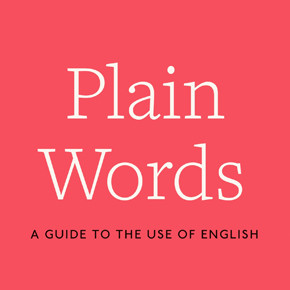
Avoid like the plague
A cliché may be defined as a phrase whose aptness in a particular context when it was first invented has won it such popularity that it has become hackneyed, and is now used without thought in contexts where it is no longer apt. Clichés are notorious enemies of the precise word, and thus are by...
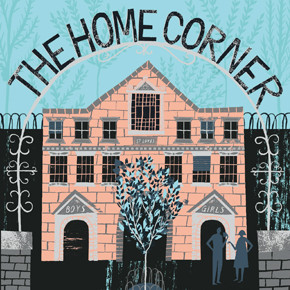
Notes to self (for sharing)
I’m always wary of sounding bossy when compiling lists of advice. So what follows is a kind of ‘note to self’ which I hope will work for others too. These points generally reflect the times when I’ve gone wrong (based on a ‘learning through mistakes’ principle), as well as some writing touchstones which I suppose...

Sow the weeds
These are my best tips for writing non-fiction. I haven’t the faintest idea how one approaches novels or stories, and the below is probably terrible advice for fiction writers, who just seem to need a lot of time. 1. Writing is a job The worst thing you can do for your writing is get precious...
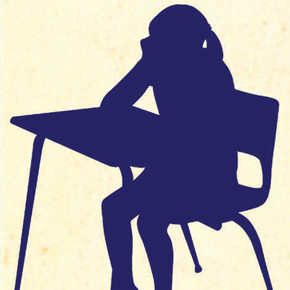
Why read on?
The author of The Following Girls, a tragi-comic novel of shrinking horizons, dangerous alliances and not-so-happy families in 1970s Britain, shares her tips for approaching fiction. Be wary of all rules. When pressed for tips, novelists can become astonishingly dogmatic – usually extrapolating from their own working practice: “never use adverbs”, “avoid flashbacks”, “shun exclamation...

Dogs good, children less so
Paula Lichtarowicz’s debut novel The First Book of Calamity Leek is an inventive, macabre and fantastical story about a young girl who compiles her own guide to life on escaping her cruel confinement in a secret garden where she and other girls have been kept brainwashed and misinformed, and where popular musicals are a sinister...
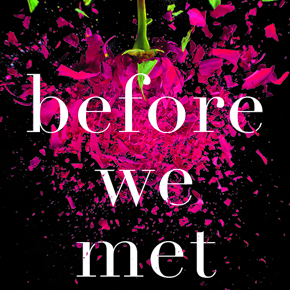
Harness the magic
Lucie Whitehouse’s latest novel Before We Met is a suspenseful story with a chilling climax about a whirlwind romance that unravels and sours as information seeps from a hidden past. Here are her ten rules for keeping the creative juices flowing. 1. Observe Train yourself really to see things. A good way to do this...

